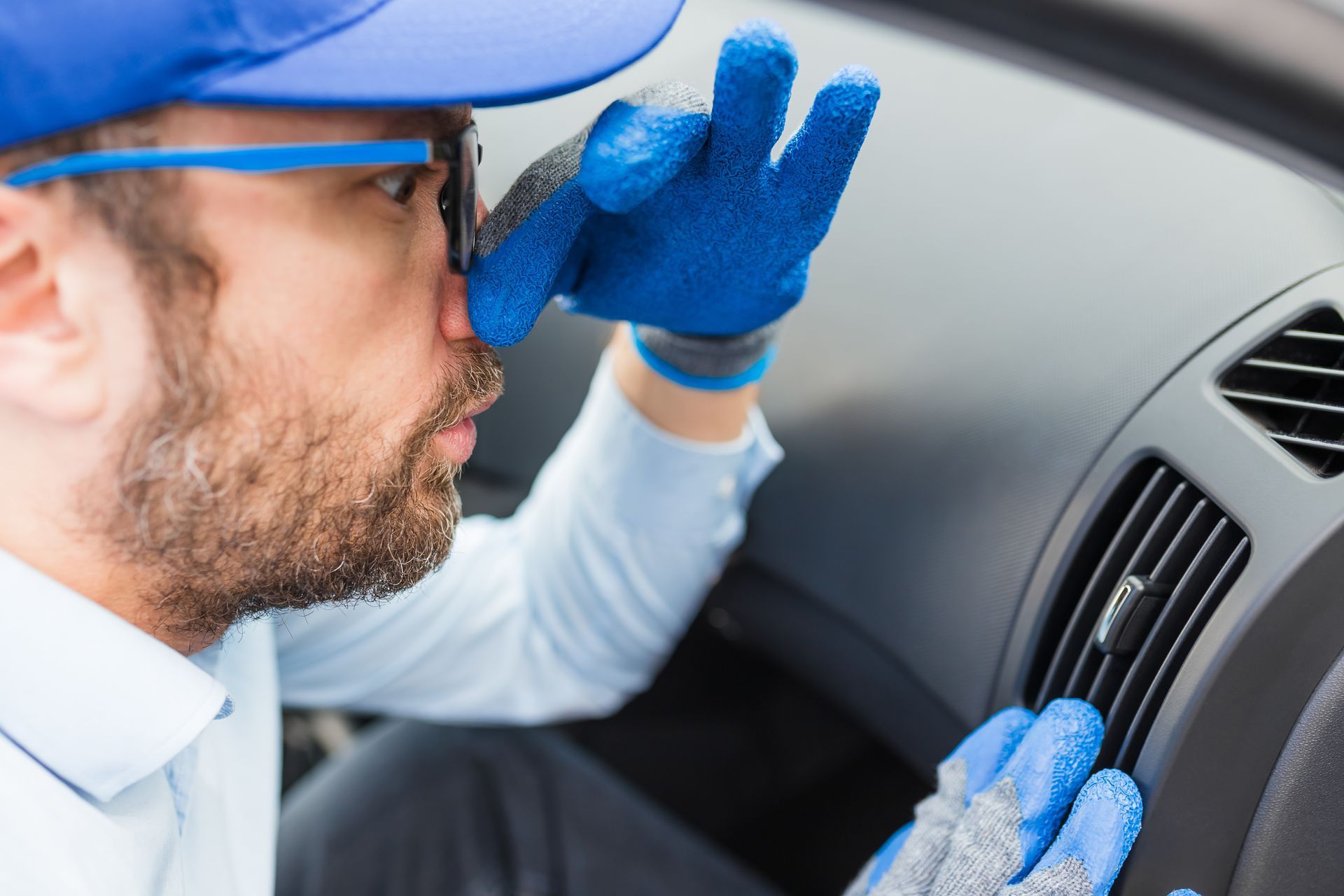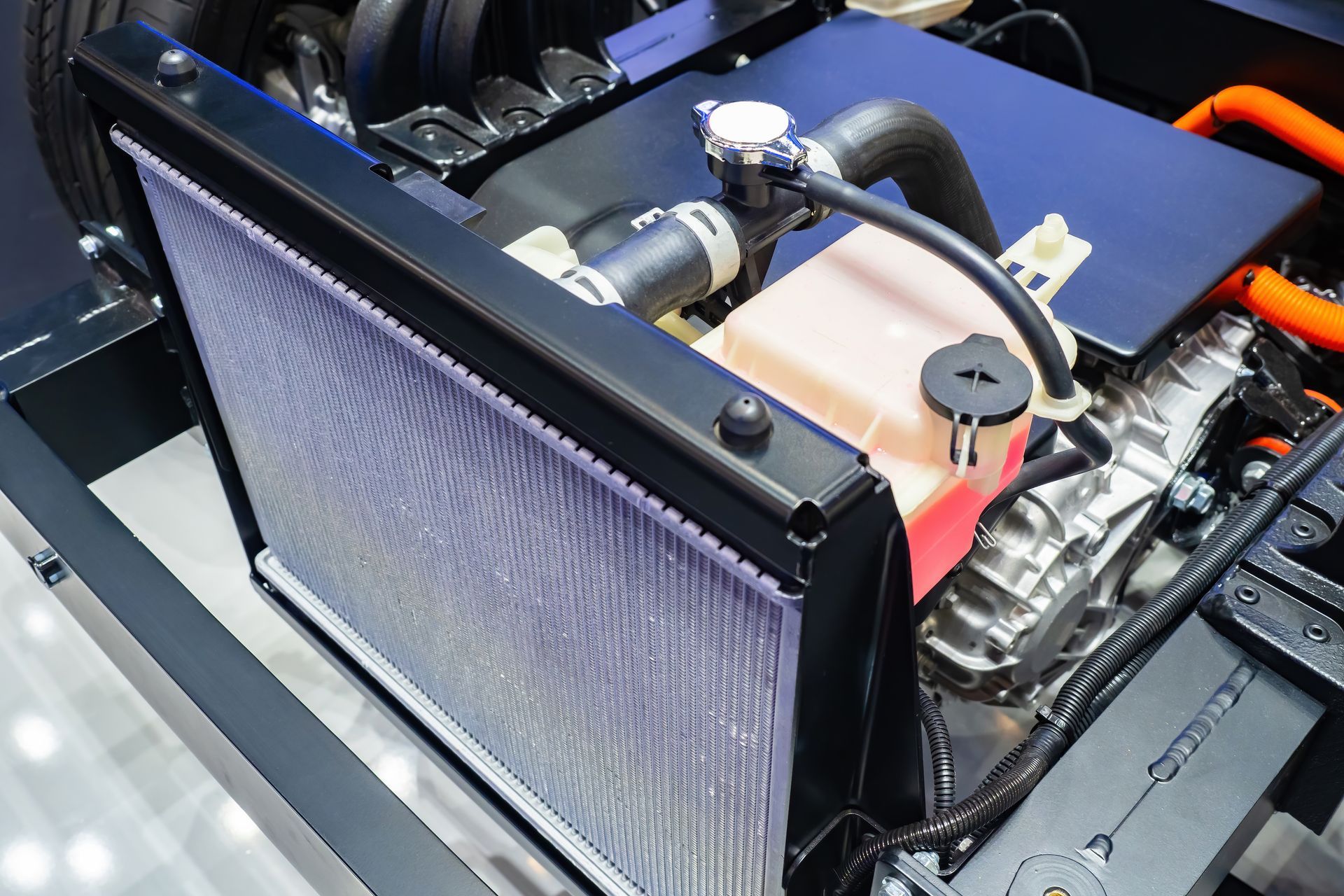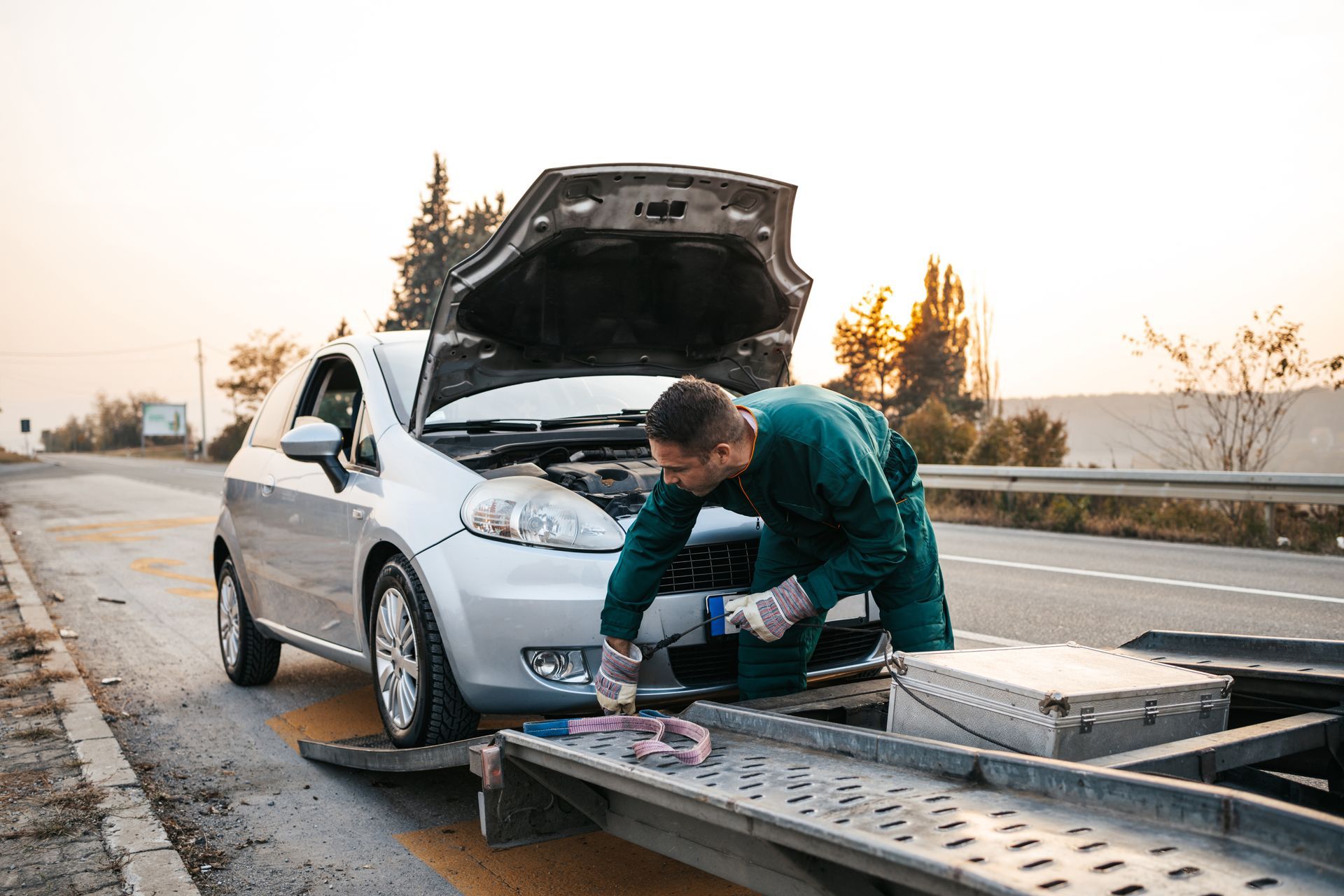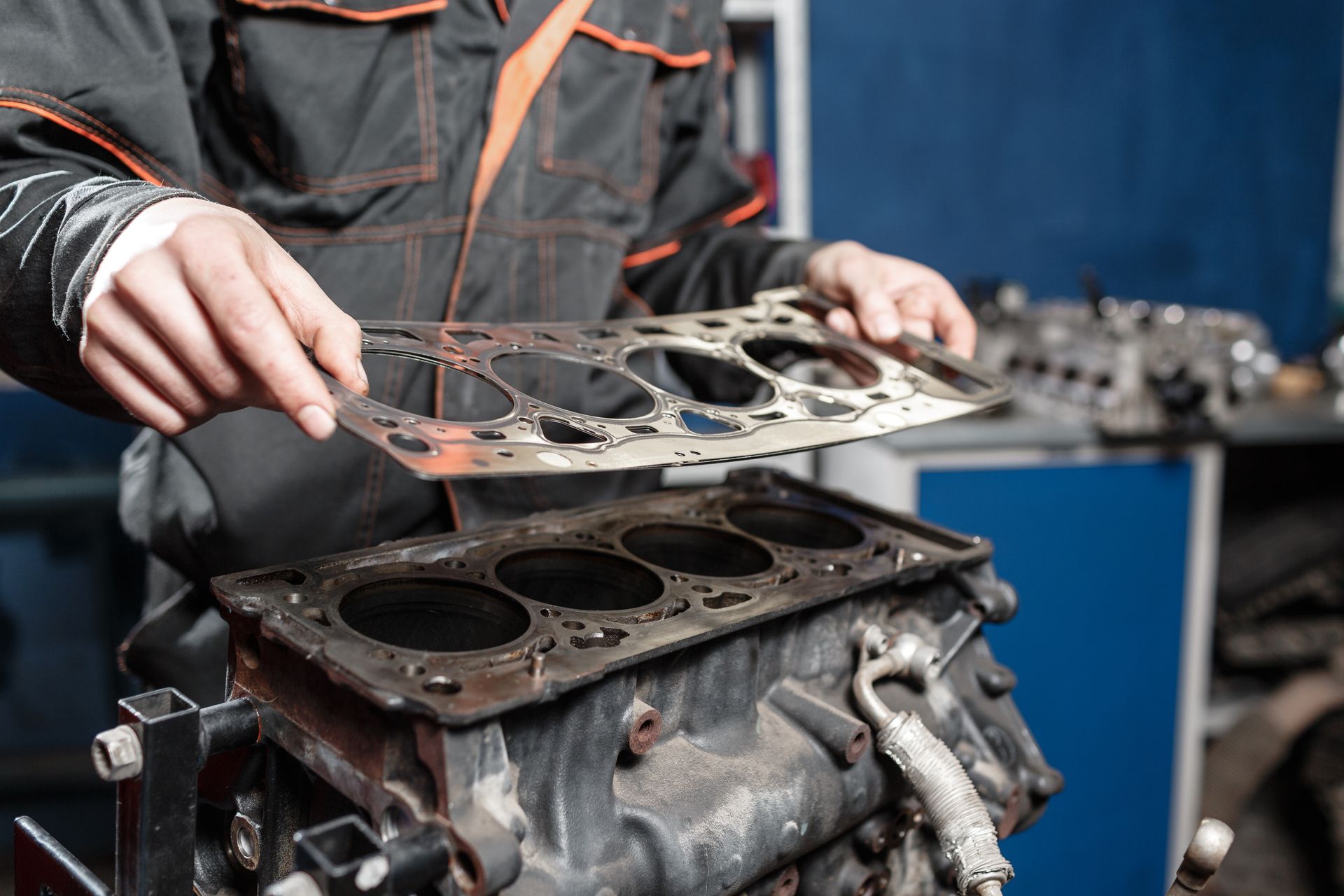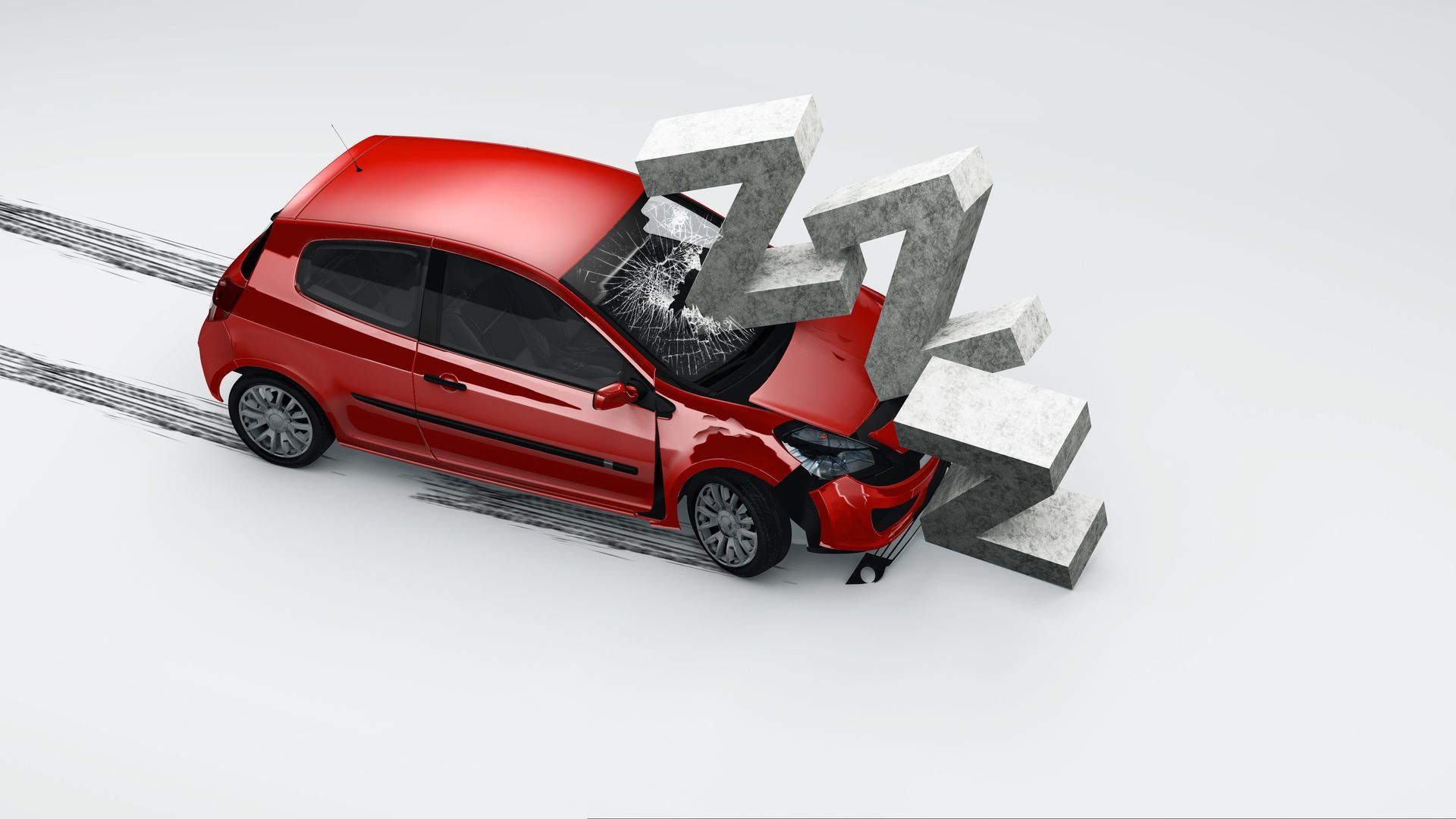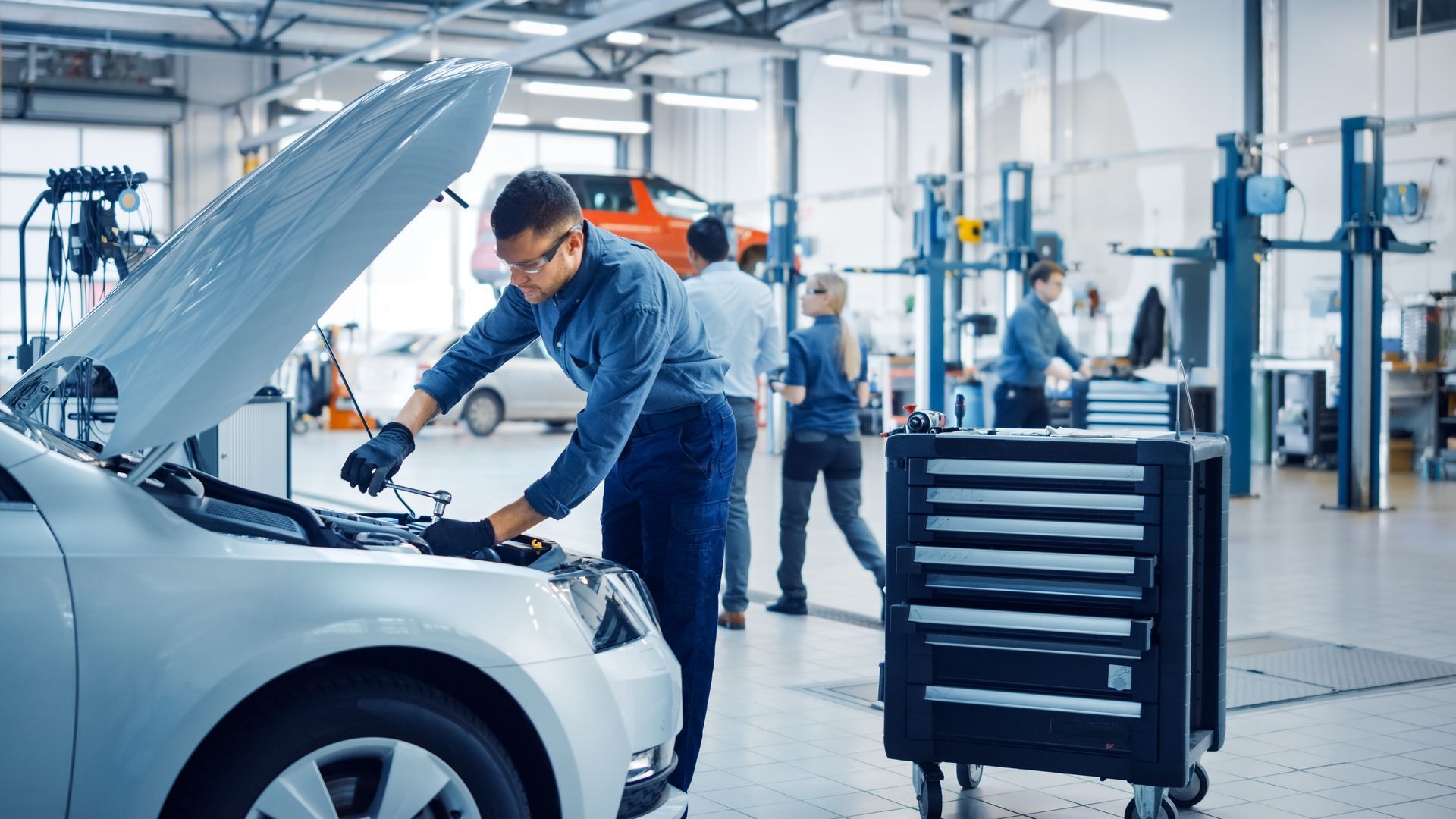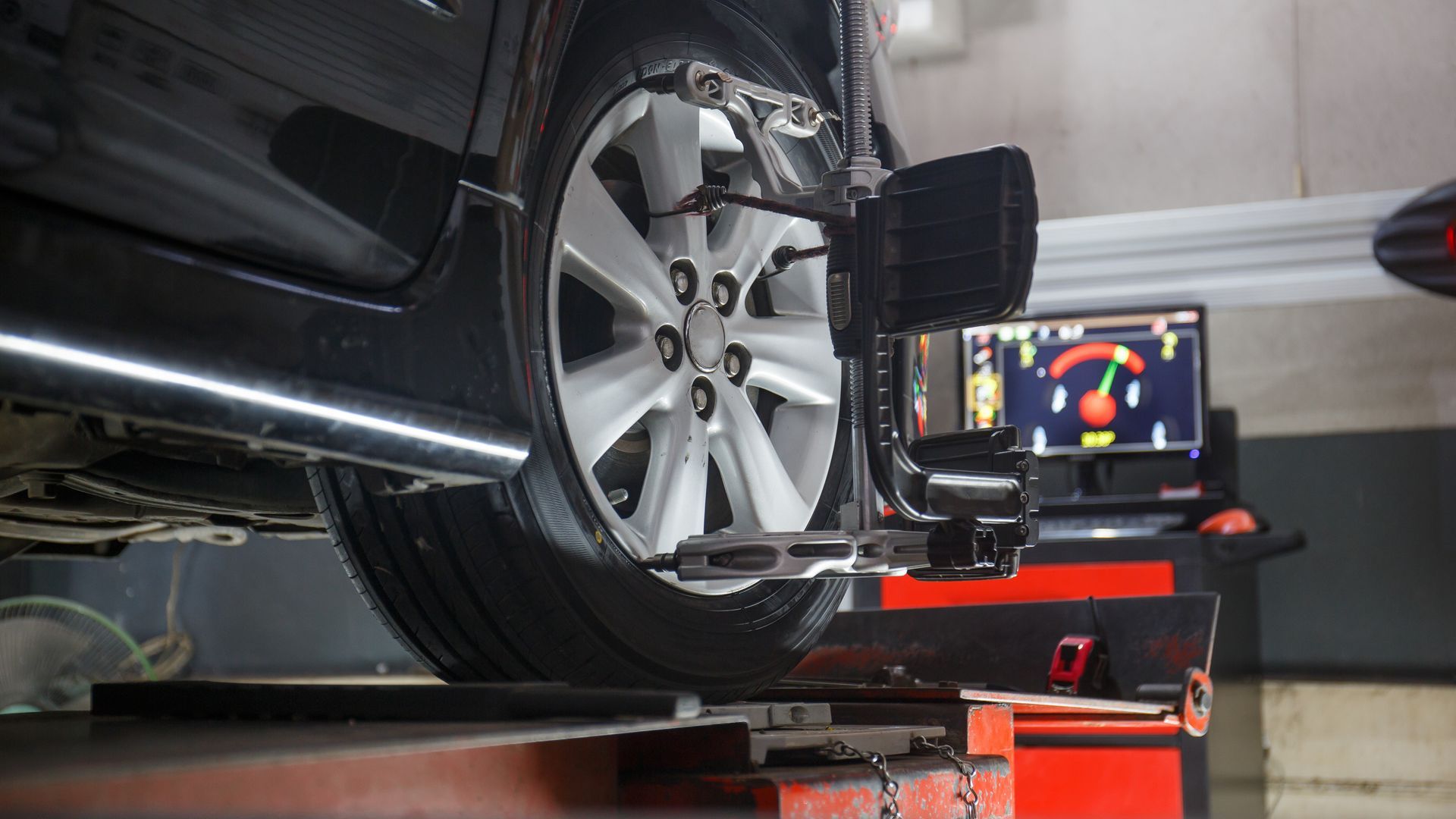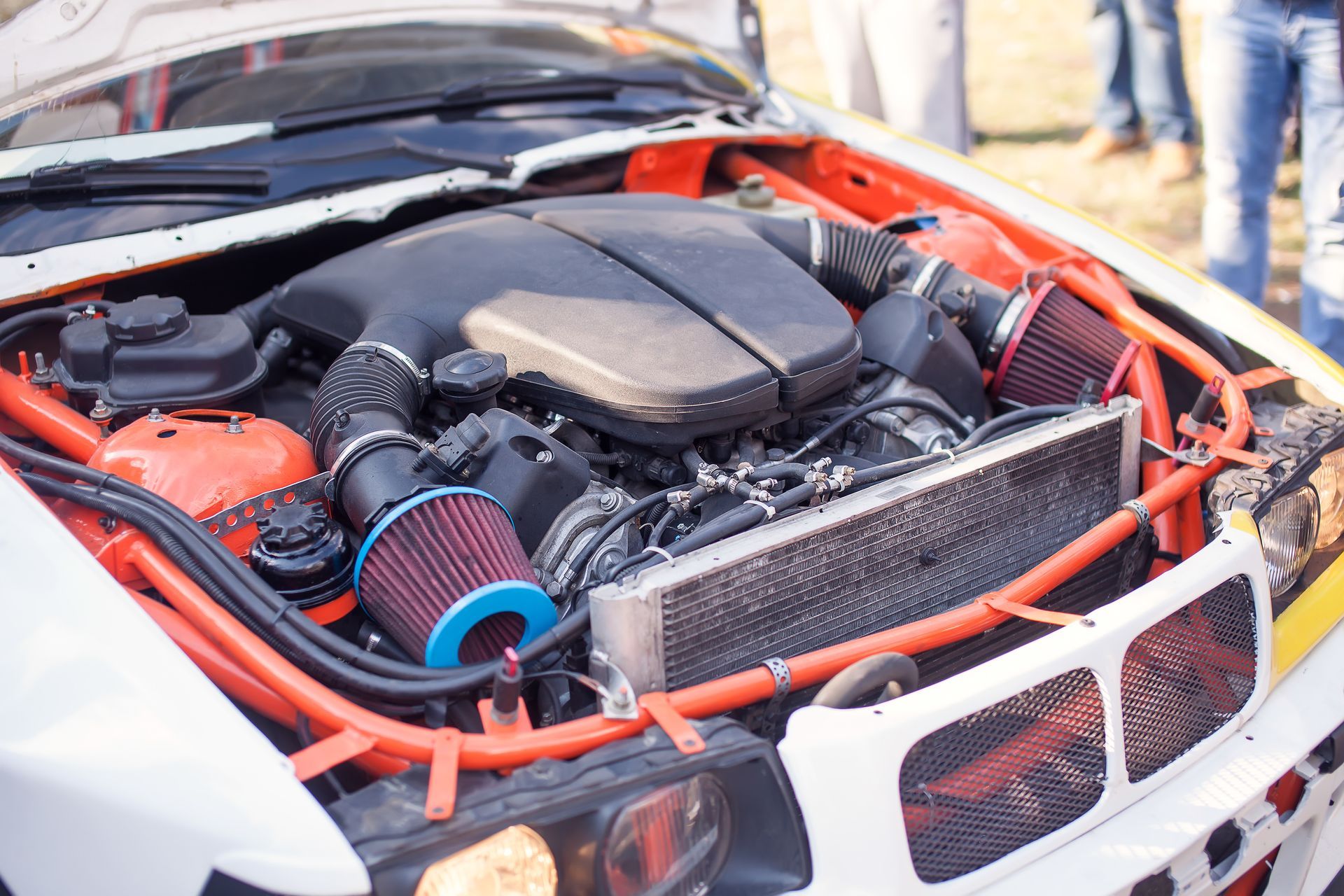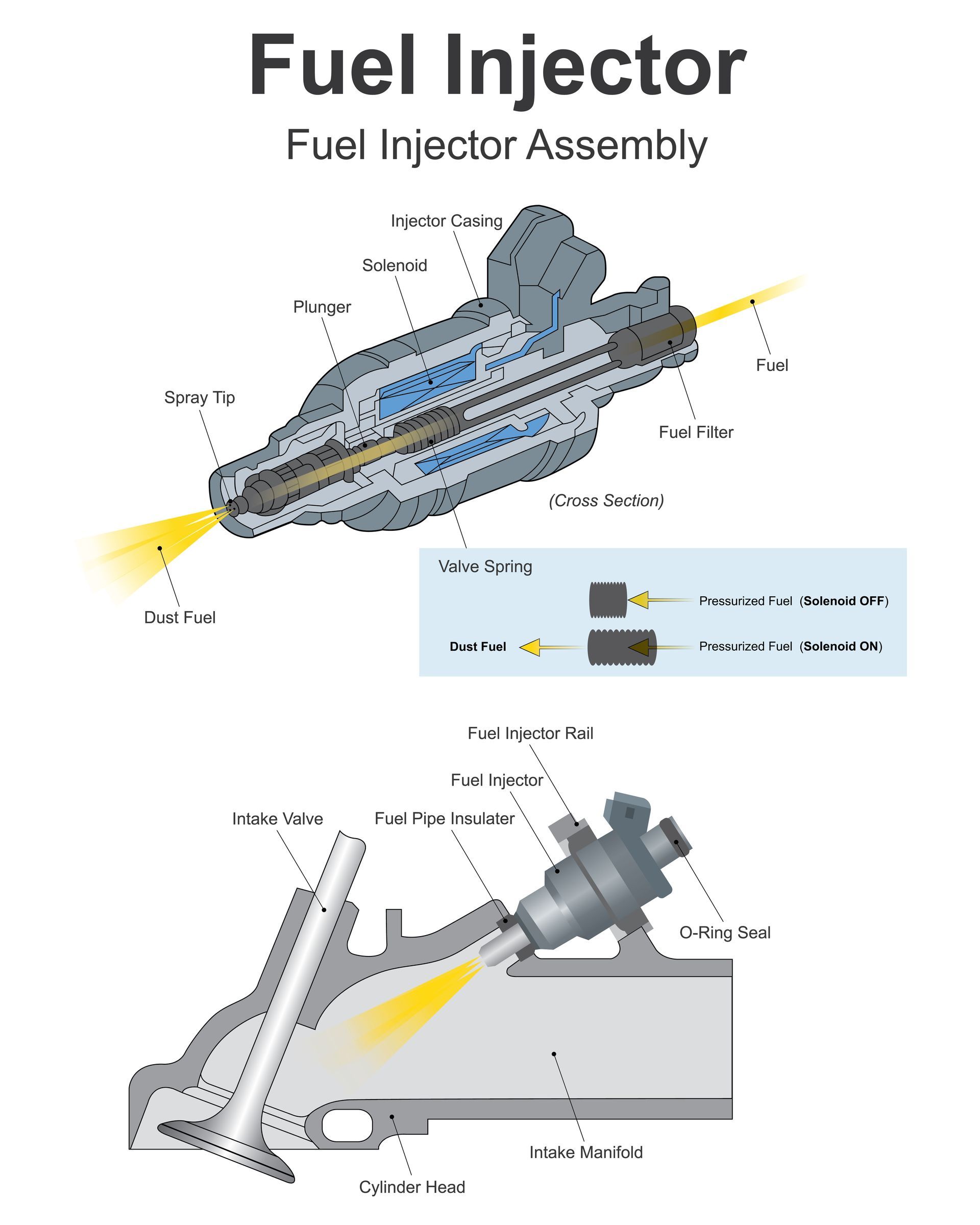Spotting a layer of rust on your brake rotors after rain or a few idle days is more common than most people realize. It usually shows up as a light coating—especially if the car hasn’t been driven recently—and it can look worse than it actually is. In many cases, that surface rust will wear off the next time you drive and use the brakes.
But not all rotor rust is harmless. If it’s thick, flaky, or sticking around longer than it should, it could affect braking performance, reduce stopping power, or even lead to warped or pitted rotors over time. So how do you know when it’s just cosmetic and when it’s a real issue?
Why Brake Rotors Rust So Easily
Brake rotors are made from cast iron, which is extremely strong and heat-resistant—but also prone to corrosion. Unlike the body of your car, rotors aren’t coated with protective paint. That means when they’re exposed to moisture—especially rain, snow, or humidity—they rust almost immediately.
If you’ve ever noticed a reddish-brown coating on your rotors after a rainy day, that’s normal surface rust. It forms quickly but usually gets scraped off the next time you hit the brakes. As long as the car is driven regularly, this type of rust isn’t a concern.
When Rust Becomes a Real Problem
Rust only becomes a problem when the car sits for extended periods without being driven. The longer rotors stay wet or exposed to moisture, the deeper the rust can penetrate. Eventually, the surface corrosion can turn into pitting, flaking, or uneven wear, which affects how the brakes function.
At that point, you might start to notice:
- A pulsing or vibration when braking
- Reduced stopping power
- Squeaking or grinding sounds
- Scored or grooved rotor surfaces
These symptoms can signal that the rust has gone beyond cosmetic and is now interfering with how your brakes grip the rotor surface. In severe cases, rust can even cause chunks of the rotor to break away, which compromises structural integrity and makes driving unsafe.
How to Tell If the Rust on Your Rotors Is Dangerous
A light film of rust that disappears after a few stops isn’t something to worry about. But if you see rust that looks flaky, crusty, or uneven—and it doesn’t go away after a day or two of driving—it’s time to have the brakes inspected.
Also, if your car has been sitting for a few weeks or months, especially outdoors or in damp conditions, the rust may be much deeper. In those cases, a visual inspection isn’t enough. We will need to remove the wheels and measure the rotors for thickness and smoothness.
Even if the rotors look okay, it’s possible that rust has formed on the inside edges or behind the pads, which can’t be seen without a proper brake inspection.
Can Rust Be Removed, or Do Rotors Need Replacing
Minor surface rust can be cleaned off with driving alone or with a brake service that includes resurfacing the rotors. However, resurfacing only works if the rotor still has enough material left and the rust hasn’t caused major pitting.
If the rotors are too thin, warped, or heavily damaged, replacement is the safer and more cost-effective solution. Brake rotors are a critical safety component, and it’s never worth gambling with their condition.
When replacing rotors, it’s also important to replace the brake pads at the same time. Worn pads paired with new rotors can reduce braking effectiveness and lead to uneven wear.
How to Prevent Rotor Rust From Getting Worse
The best way to prevent brake rotor rust is to drive your car regularly. Even short trips help keep the rotor surfaces clean. If you plan to store your vehicle for a while, try to keep it in a dry garage and consider using a car cover to minimize moisture exposure.
It also helps to:
- Avoid parking near sprinklers or under trees
- Wash your car carefully, making sure to dry around the wheels
- Schedule regular brake inspections, especially before and after winter
- Keeping your brakes in top shape doesn’t require much—just a little awareness and a good maintenance routine.
Green Tech Garage – Brake Inspections and Rotor Replacement in Spokane Valley, WA
If you’re seeing rust on your brake rotors or noticing strange sounds while braking, visit
Green Tech Garage in Spokane Valley, WA. Our technicians will inspect your entire braking system, let you know if the rust is harmless or a concern, and recommend the right fix to keep you safe on the road.

